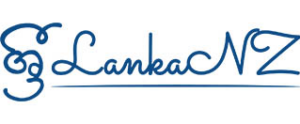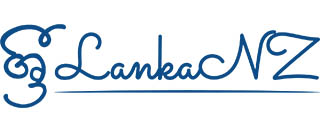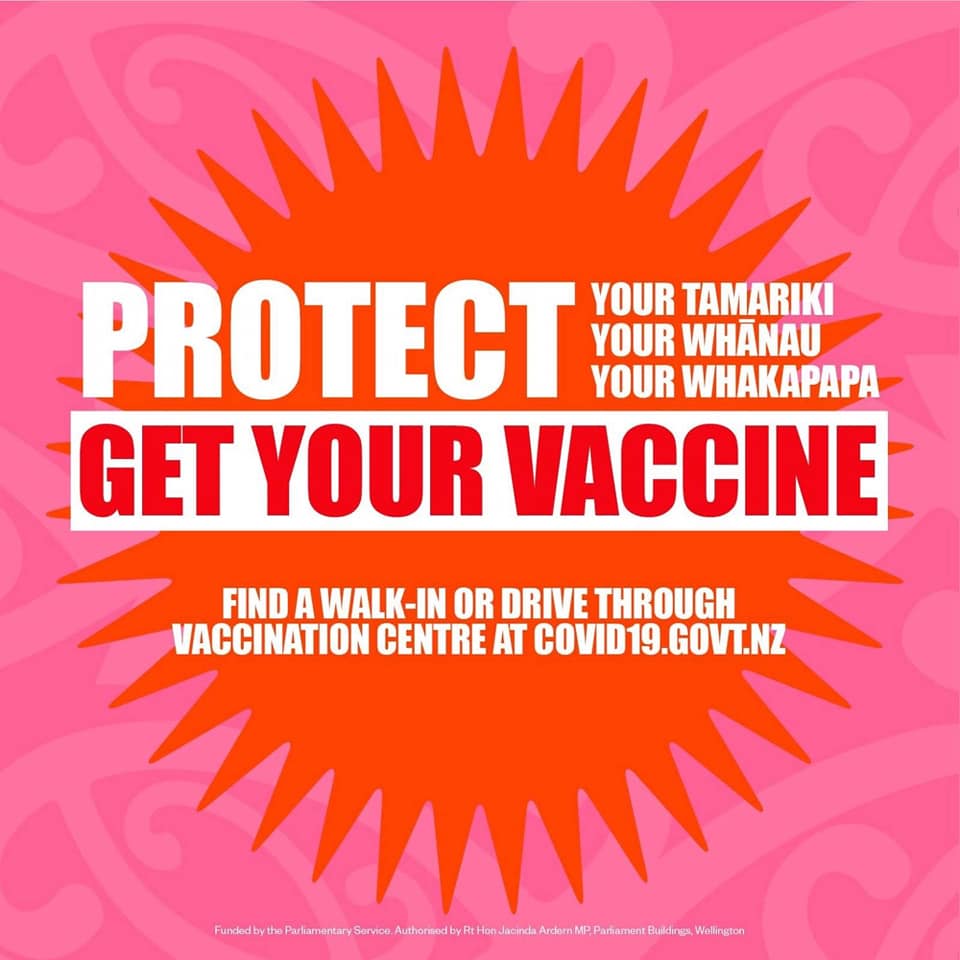Transitioning from Sri Lanka to New Zealand often brings challenges in grasping the intricacies of the local healthcare system. This article aims to simplify the understanding of the New Zealand health system and address any uncertainties you may have. This piece endeavours to simplify this complex system, addressing common queries and shedding light on its workings. Our information is drawn from reputable sources, and provided at the end for those interested in further reading.
Let’s start with the basics. The New Zealand health system operates through three primary parts: Primary Care, Secondary Care, and Public Health. Each facet serves a distinct purpose in delivering and coordinating healthcare services across the country. By breaking down these components, we aim to clarify how healthcare is structured and delivered in New Zealand.
Primary care
Primary care serves as the initial stop for most healthcare needs. It encompasses community-based services like General Practitioners, dentists, midwives, pharmacists, and more. Access to these services is direct, meaning individuals can seek assistance without a referral from another healthcare provider. However, it is important to note that many of these services come with a cost to the patient, either fully or partially covered.
Secondary care
Secondary care refers to hospital-level medical services, which can be provided in either public or private healthcare facilities. Typically, patients require a referral from another healthcare provider, often their General Practitioner (GP), to access secondary care.
In New Zealand, treatment at public hospitals is free for individuals who meet certain eligibility criteria. You may qualify for free or discounted health and disability services if you are a New Zealand citizen or permanent resident, an Australian citizen or permanent resident intending to live in New Zealand for at least two years, a work visa holder with a visa valid for two years or more, under 17 years old with an eligible parent or guardian, an interim visa holder who was eligible before receiving the interim visa, a student supported by official development assistance funding or a Commonwealth Scholarship, a foreign language teaching assistant, a refugee or protected person, or a victim or suspected victim of people trafficking.
Determining eligibility for New Zealand healthcare can sometimes be complex. If you are unsure about your eligibility, it is highly recommended to check the official New Zealand government website and the Health NZ/Te Whatu Ora website. These resources provide eligibility checklists and additional information on special circumstances.
Additionally, there are private hospitals and specialists available in New Zealand. Patients seeking care from private providers typically incur costs, and some individuals may opt to have private health insurance to cover specialist care expenses.
Public health
Public health is all about making sure our environment and society are set up to help us stay healthy throughout our lives. It is not just about treating illnesses when they happen, but also about preventing them from happening in the first place. This involves giving people information and making rules that encourage things like getting vaccinated, breastfeeding, living in places with no smoking, having warm and dry homes, and breathing clean air.
Public health teams also play a big role in dealing with outbreaks of diseases like measles, making sure they don’t spread too far. In short, they’re like the guardians of our community’s health.
Emergency care
In addition to the basics of the New Zealand health system, it is crucial to understand emergency care, especially the role of Emergency Departments (ED). Public hospitals in New Zealand house EDs where individuals can seek immediate medical attention without a referral. However, it is essential to grasp the primary purpose of EDs: they are reserved for emergencies.
Operating on a triage system, EDs prioritise patients based on the severity of their conditions. Those with life-threatening issues receive immediate attention, while less urgent cases may experience longer wait times. It is important to keep this in mind when seeking care at an ED.
Moreover, after-hours services provided by GPs and Urgent Care doctors are available, albeit at a cost to the patient. These services also operate on a triage system, ensuring that urgent cases are addressed promptly. Understanding these options can help individuals make informed decisions about their healthcare needs outside of regular clinic hours.
Accident Compensation Corporation
The Accident Compensation Corporation (ACC) is a unique and comprehensive scheme in New Zealand, offering insurance coverage for personal injuries regardless of fault. This coverage is compulsory for all individuals in the country, including citizens, residents, and visitors alike.
If you sustain an injury due to an accident in New Zealand, ACC may step in to help cover some of your medical and rehabilitation expenses. The scope of coverage ranges from minor sprains to severe disabilities. However, it’s important to note that ACC does not cover general illnesses, diseases, infections, age-related health conditions, non-work-related gradual process injuries, or mental injuries (except in specific circumstances).
Depending on the nature and severity of your injury, ACC may contribute towards medical expenses and assist with various needs such as home help, specialised aids or equipment, transportation, modifications to your home or vehicle, education, training, therapy, and ongoing support.
To initiate an ACC claim, the injured individual must seek medical attention from a healthcare provider who can then submit the claim on their behalf. Typically, this healthcare provider is a GP, but it can also include urgent care doctors, emergency department physicians, physiotherapists, and other qualified professionals.
How is the New Zealand health system different from Sri Lanka?
The New Zealand healthcare system differs from that of Sri Lanka in several ways:
Primary Care Emphasis: In New Zealand, primary care is well-established and forms a crucial part of the healthcare system. This means that most people initially seek medical help from their GPs or primary healthcare providers.
Referral System: Accessing secondary care, which involves specialised medical services and treatments, often requires a referral from primary care providers. This referral system helps prevent overwhelming secondary services and ensures that patients receive the appropriate level of care. In Sri Lanka, accessing secondary care often does not strictly require a referral from primary care providers.
Communication Between Primary and Secondary Care: There is typically effective communication between primary and secondary care providers in New Zealand. This communication is vital for ensuring seamless and coordinated ongoing care for patients. Effective communication between primary and secondary care providers in Sri Lanka may not always be as systematic as in New Zealand.
ACC Scheme: New Zealand’s ACC scheme provides a unique level of support and coverage for injuries resulting from accidents, which is not available in Sri Lanka. This scheme offers additional protection for individuals who require medical assistance due to accidents, ensuring they receive necessary care without bearing the full financial burden of treatment.
Waiting Times: Waiting times for medical services, such as GP appointments, specialist consultations, and emergency department visits, are a concern in both New Zealand and Sri Lanka. However, in New Zealand, these waiting times have been increasing, posing challenges for patients seeking timely access to healthcare services
For further information, check out:
Health NZ/Te Whatu Ora website
Government NZ website
NZ Immigration-Live and Work NZ
ACC website
Dr Sandani Munasinhe
General Practitioner – Kāpiti Coast, Wellington.









